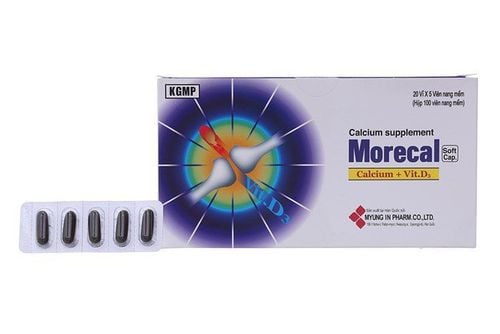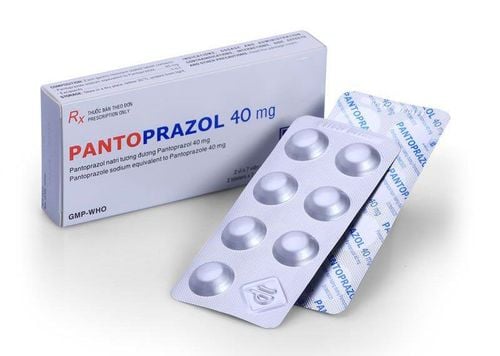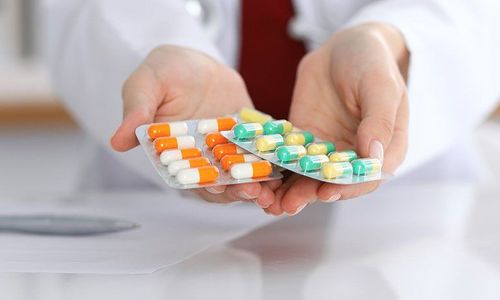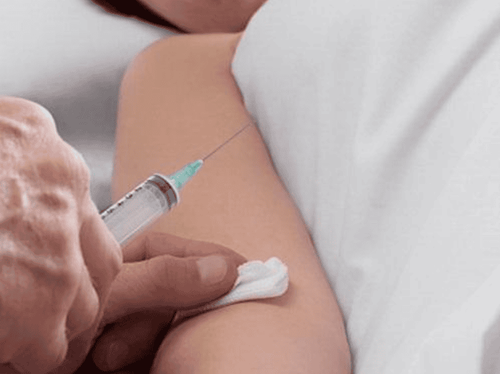This is an automatically translated article.
After kidney transplant surgery, the patient's immune system is still very weak, due to the influence of the surgery, many different drugs must be used to avoid organ rejection. At this time, patients are at risk of many dangerous complications, so the diet for patients after kidney transplant needs special attention and must be strictly adhered to according to the doctor's instructions, in order to recover quickly. best for the patient.
1. Why should you pay attention to your diet after a kidney transplant?
After a kidney transplant surgery, the patient's body requires more protein to help the recovery process faster and to improve the immune system effectively. People who need to undergo hemodialysis before kidney transplant will not consume much protein, so after kidney transplant, patients need to be supplemented with protein to compensate for the amount of protein in the body, to slow down Cushing's syndrome - 1 Endocrine pathology due to dysfunction of the adrenal cortex. Depending on the patient's condition to supplement protein with different dosage. Besides, depending on the recovery of the patient's health, if the amount of protein absorbed into the body is not enough, it is necessary to supplement more, as prescribed by a specialist.
After a kidney transplant, the patient's kidney function will gradually recover, but it takes about 3-6 months to be able to eat and drink normally. This is the average amount of time it takes for the patient's immunosuppression to stabilize and the risk of complications is low.

Người bệnh sau ghép thận cần tuân thủ một chế độ dinh dưỡng khoa học
2. Nutrition for patients after kidney transplant
Nutrition for patients after kidney transplant needs special attention. Accordingly, to quickly recover health, patients need:
2.1. Follow a cooked diet, drink boiling
Patients should eat cooked food, do not eat raw food, seafood because it is easy to be infected with E.colilegionella bacteria. Drink boiled water, wash, soak vegetables to remove bacteria Do not eat raw vegetables, salad, crushed vegetables. Do not eat fried food a lot, grilled food directly on coal Do not eat hot and spicy foods such as raw garlic, chili, pepper,... Do not drink alcohol and other alcoholic beverages to avoid causing harm pressure on the kidneys.
2.2. Add more foods with high protein
Patients should add protein-rich foods such as meat, fish, eggs, nuts such as peanuts, beans, milk, soybeans, tofu, etc. Besides, the patient should not eat more than 3 fruits. eggs for 1 week. Adding more protein to the body after a kidney transplant will help restore tissue and muscle quickly because before that muscle and tissue were broken down due to the use of many anti-rejection drugs (high-dose steroids).
2.3. Eat scientifically, ensure food hygiene and safety
Eat frugally, eat in moderation, don't eat too much in 1 meal Eat less salt, less sugar Eat safe, fresh food, Don't eat out to ensure food safety and hygiene, don't eat again Leftovers from the previous day, food reheated many times
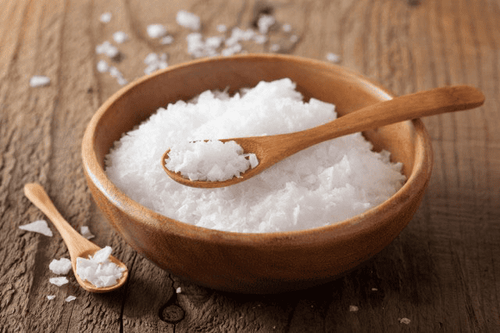
Giảm lượng muối trong chế độ ăn
2.4. Do not eat fruit
Some fruits after kidney transplant patients should not eat such as grapes, grapefruit, pomegranate or vegetables, because these fruits will increase drug concentrations, potentially causing interactions with immunosuppressive drugs being taken. affect renal recovery. In the diet after kidney transplant, the patient can eat sour foods such as lemon or tamarind. However, it is not recommended to eat unripe, unwashed, damaged fruits...
Instead of eating fresh fruits directly, patients can eat them in the form of stewed vegetables and fruits that are both frugal and nutritious. high in nutrients, while helping to reduce the amount of active bacteria, thereby reducing the risk of infection. In addition, the patient can also eat cereal.
2.5. Supplement drink curd
Curd contains a lot of protein, which is essential and good for the recovery process of patients after kidney transplant. Therefore, patients can add this type of milk in their diet.
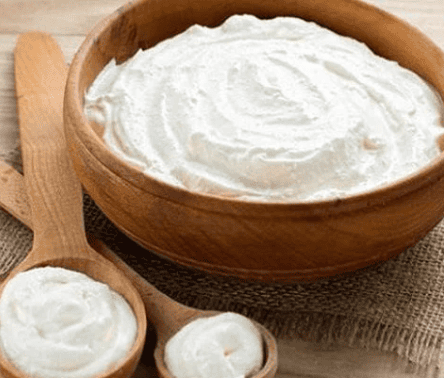
Sữa đông có hàm lượng protein cao
3. Suitable mode of living
In addition to applying nutrition after kidney transplant, patients should exercise with gentle exercises, 20-30 minutes each time to train their body flexibility, improve resistance, and help reduce the risk of kidney disease. high blood pressure, diabetes, heart disease, obesity or stroke. Accordingly, patients after a kidney transplant will still have to take immunosuppressive drugs for life. This is a highly toxic drug, so patients should pay attention:
Do not arbitrarily stop using the drug even though you feel healthy. Do not arbitrarily increase or decrease the dose of the drug without the consent of the doctor. Do not take medicine when you forget to take your previous meal, you should consult your doctor. Do not arbitrarily take external medicine to treat other illnesses such as colds, fevers, etc. In addition, patients need periodic health check-ups. When there may be abnormal signs, it is necessary to immediately go to medical centers for timely examination and treatment.
In order to ensure the health of patients, Vinmec currently deploys a service of examination and monitoring after kidney transplant. With a system of world-class medical equipment and a team of leading doctors and professors. They are all leading experts in the field of organ transplantation, so they can deploy and implement synchronously transplant measures, follow-up after treatment to ensure the fastest recovery and quality results. High quality of life, prolong life.
Therefore, customers after performing kidney transplant surgery can go to Vinmec International General Hospital for examination, monitoring, management and advice on the most appropriate nutrition.
Please dial HOTLINE for more information or register for an appointment HERE. Download MyVinmec app to make appointments faster and to manage your bookings easily.




